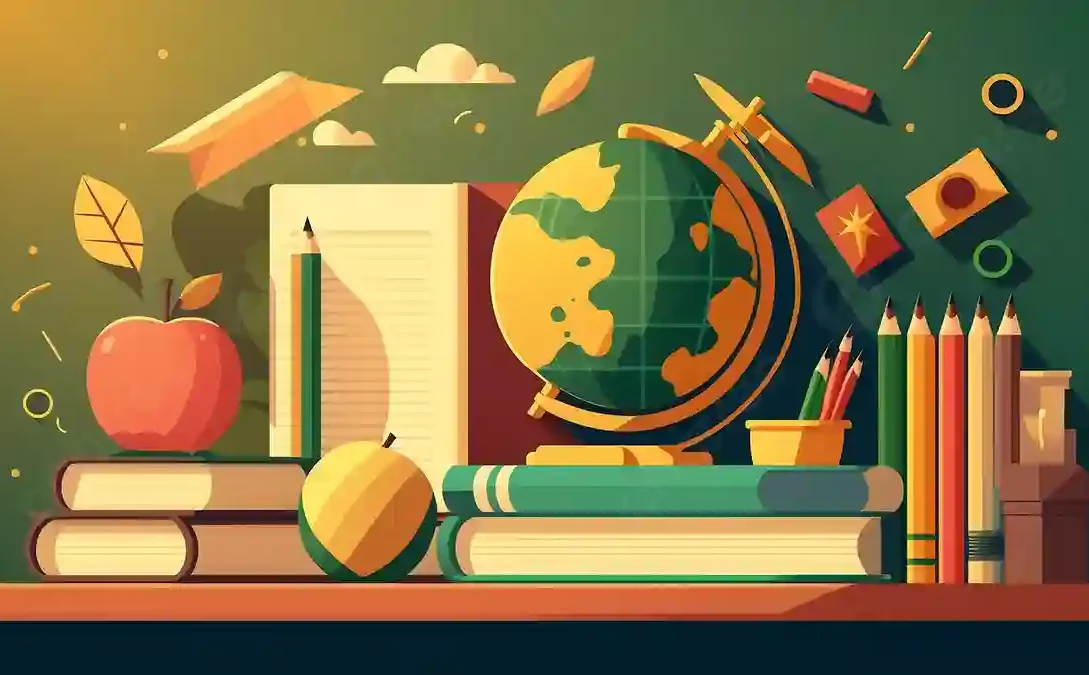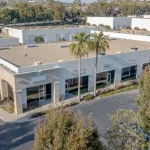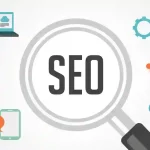Ladies and gentlemen, there’s a profound connection between education and economic prosperity, and it’s not a coincidence. It’s like a well-choreographed dance where each step influences the other. In this article, we’ll explore the intricate relationship between education and economic well-being.
First and foremost, education is the foundation upon which individuals build their economic futures. It’s like the soil in which the seeds of opportunity are sown. When people have access to quality education, they acquire the knowledge and skills needed to secure better jobs and higher-paying careers. It’s the starting point of the journey towards economic prosperity.
Education opens doors to a world of opportunities. It’s like having a key to unlock those doors to success. Without education, individuals may find themselves limited to low-paying jobs with few prospects for advancement. But with the right education, they gain access to a wider range of career options, setting them on a path towards financial stability and success.
Let’s talk about earning potential. Education is like a ticket to the big league. Statistics consistently show that individuals with higher levels of education tend to earn more over their lifetimes. It’s not just about a bigger paycheck; it’s about having the financial resources to achieve personal and family goals, from buying a home to providing for loved ones.
Moreover, education equips individuals with the skills and knowledge needed to adapt to the ever-changing job market. It’s like having a Swiss Army knife in your career toolkit. In today’s fast-paced world, industries evolve rapidly, and new job opportunities emerge. Education ensures that individuals have the ability to pivot, learn new skills, and stay competitive in their chosen fields.
But education doesn’t only benefit individuals; it’s also a driving force behind economic growth on a broader scale. It’s like the fuel that powers the engine of progress. When a country invests in education, it cultivates a skilled and innovative workforce. This workforce, in turn, leads to increased productivity and economic development.
Innovation, the lifeblood of economic prosperity, is closely tied to education. It’s like a wellspring of creativity and ideas. Educated individuals are more likely to engage in research, develop new technologies, and drive innovation in various sectors. This innovation, whether it’s in the fields of healthcare, technology, or renewable energy, can lead to economic growth and job creation.
Furthermore, education plays a pivotal role in reducing unemployment rates. It’s like a safety net that catches individuals during economic downturns. When people have the skills and qualifications that match the demands of the job market, they are more likely to find employment even when times are tough. This, in turn, reduces the burden on social welfare programs and boosts overall economic stability.
Education also has a ripple effect on various industries and sectors. It’s like a rising tide that lifts all boats. When individuals are well-educated, they contribute to the growth of their local economies by spending their earnings on goods and services. This increased consumer spending stimulates economic activity, benefiting businesses and communities alike.
But here’s the beauty of it – education doesn’t only apply to formal schooling. It extends throughout one’s life. It’s like a never-ending journey of learning and self-improvement. Lifelong learners, individuals who continue to acquire new skills and knowledge, are more likely to stay relevant in the job market and contribute to economic prosperity well into their later years.
Let’s not forget about the role of education in reducing income inequality. It’s like a bridge that narrows the gap between the haves and the have-nots. When education is accessible to all, regardless of socioeconomic background, it levels the playing field. It provides opportunities for individuals from disadvantaged backgrounds to break free from the cycle of poverty and achieve economic success.
Now, some may argue that education can be costly. It’s true that pursuing higher education often comes with a price tag. However, many governments and organizations offer financial aid, scholarships, and grants to make education more accessible. It’s like investing in human capital, with the potential for significant returns in the form of increased economic prosperity.
But it’s not just about formal education; vocational and technical training also play a crucial role. It’s like a toolbox filled with practical skills. These programs prepare individuals for jobs in various trades and industries, offering a viable path to economic stability without the need for a traditional college degree.
In conclusion, the connection between education and economic prosperity is undeniable. Education serves as the cornerstone upon which individuals build their careers, secure higher earnings, and adapt to changing job markets. It fuels economic growth, drives innovation, reduces unemployment, and narrows income inequality.
So, whether you’re a student pursuing your educational dreams or a society considering investments in education, remember that the benefits extend far beyond the classroom. Education is not just a means to an end; it’s a powerful catalyst for economic well-being and a brighter future for all.















